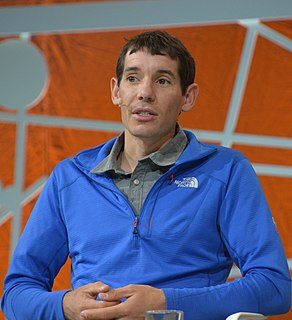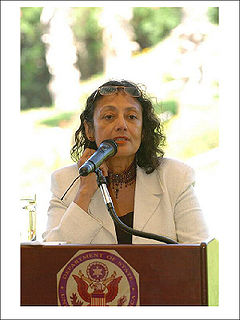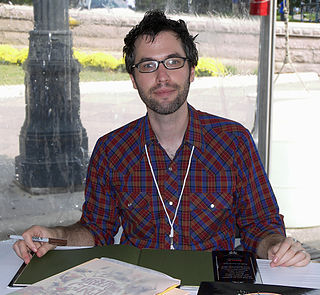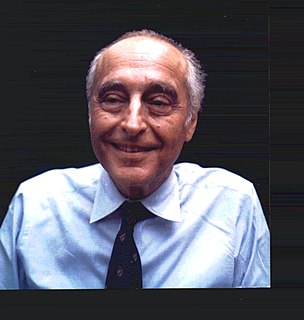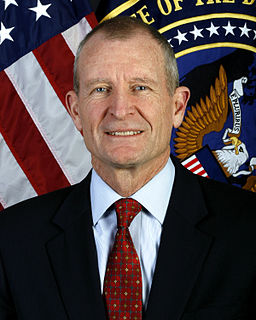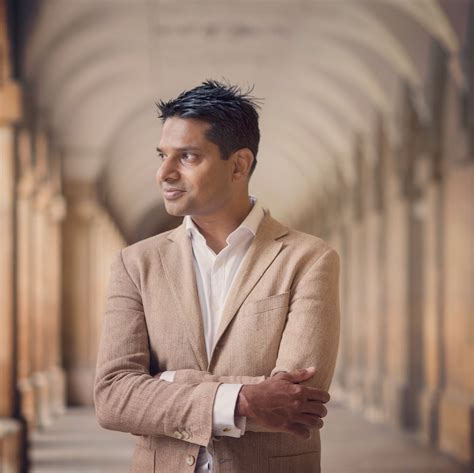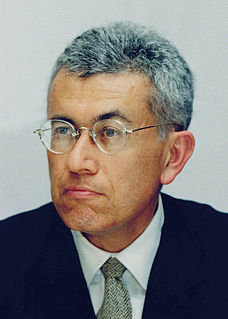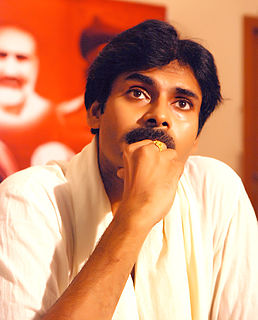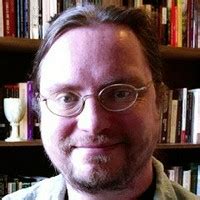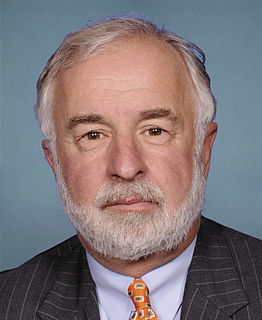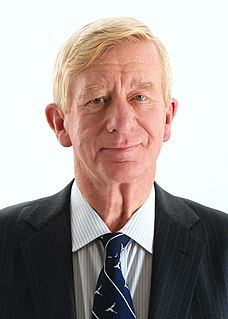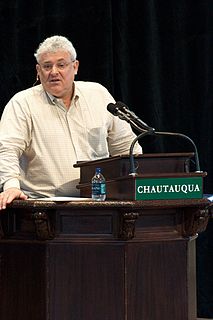Top 1200 Societies Quotes & Sayings - Page 16
Explore popular Societies quotes.
Last updated on December 11, 2024.
I haven't read the 'Twilight' books, though I suppose, in general, I thought it might be fun to deflate all of the notions of vampire sexiness, secret societies, the idea that anyone could learn to divide the population of the world between fellow vampires and perishable food sources and expect to retain their humanity, etc.
Like many physical diseases, anti-Semitism is highly infectious, and can become endemic in certain localities and societies. Though a disease of the mind, it is by no means confined to weak, feeble, or commonplace intellects; as history sadly records, its carriers have included men and women of otherwise powerful and subtle thoughts.
The onus is on us to determine whether free societies in the twenty-first century will conduct electronic communication under the conditions of freedom established for the domain of print through centuries of struggle, or whether that great achievement will become lost in a confusion of new technologies.
By abrogating all moral standards in their war against Israel, Arab and Muslim leaders initiated a process of moral collapse that has ended by soaking their own societies in blood. The terror they intended to inflict only upon others has rebounded with a hundred times greater horror upon their own lands.
Individuals and societies are not helpless victims of heredity. We have the power to change - not by looking "down" to nature but "up" to God, who consistently calls us forward to become the people we were designed to be. A confused world urgently needs a model of what that looks like. If Christians fail to provide that model, who will?
Now Europe are experiencing a wave of eroding solidarity, first of certain societies and then entire governments. At the same time, we have two giant new challenges to meet: the migration movement and terror. And then Great Britain is thinking about leaving the EU. That should suffice as a description.
There are many people who enjoy animal based foods and who have no interest in changing the way they eat. And as you correctly pointed out, animal products are an integral part of some ethnic groups and societies and it would be nearly impossible for them to change thousands of years of traditional eating habits.
The notion of dream interpretation far antedates the birth of psychoanalysis, and probably served an important function in most, if not all, historical societies. In having lost this function, modern man has also lost the best part of his nature, which he obliviously passes on to the next generation of dreamers.
In a world of democracies, in a world where the great projects that have set humanity on fire are the projects of the emancipation of individuals from entrenched social division and hierarchy; in such a world individuals must never be puppets or prisoners of the societies or cultures into which they have been born.
The assumption that we can keep societies open and free to everybody is going to have to stop. We are going to have to recognize that some people simply are not qualified and do not want to belong a civil order. Until we begin to make discrimination along those lines, then I think we are going to be extremely vulnerable.
It would appear that the traditional parliamentary democracies can offer no fundamental opposition to that automatism of technological civilization and the industrial-consumer society, for they too are being dragged helplessly along by it. People are manipulated in ways that are infinitely more subtle and refined than the brutal methods used in post-totalitarian societies.
For those who stubbornly seek freedom, there can be no more urgent task than to come to understand the mechanisms and practices of indoctrination. These are easy to perceive in the totalitarian societies, much less so in the system of 'brainwashing under freedom' to which we are subjected and which all too often we serve as willing or unwitting instruments.
We have begun a throw away culture. This tendency is seen on the level of individuals and whole societies; and it is being promoted! In circumstances like these, solidarity, which is the treasure of the poor, is often considered counterproductive, opposed to the logic of finance and the economy. While the income of a minority is increasing exponentially, that of the majority is crumbling.
The 1 to 2 billion poorest in the world, who don't have food for the day, suffer from the worst disease: globalization deficiency. The way globalization is occurring could be much better, but the worst thing is not being part of it. For those people, we need to support good civil societies and governments.
America is a noisy culture, unlike, say, Finland, which values silence. Individualism, dominant in the U.S. and Germany, promotes the direct, fast-paced style of communication associated with extraversion. Collectivistic societies, such as those in East Asia, value privacy and restraint, qualities more characteristic of introverts.
Even people who are aware that the traditional family farm has been taken over by big business interests, and that some questionable experiments go on in laboratories, cling to a vague belief that conditions cannot be too bad, or else the government or the animal welfare societies would have done something about it.
When the rate of return on capital exceeds the rate of growth of output and income, as it did in the nineteenth century and seems quite likely to do again in the twenty-first, capitalism automatically generates arbitrary and unsustainable inequalities that radically undermine the meritocratic values on which democratic societies are based.
There has maybe been a poor - a misunderstanding or statements that have maybe hurt, unfortunately. The Mexicans have felt offended by what has been said [by Donald Trump]. But I am certain that his genuine interest is in building a relationship that will provide our mutual societies improved wellbeing.
One of the most important secret societies of the 20th century is called the Round Table. It is based in Britain with branches across the world. It is the Round Table that ultimately orchestrates the network of the Bilderberg Group, Council on Foreign Relations, Trilateral Commission and the Royal Institute of International Affairs.
[A conflict of Sunni vs. Shia] is in the mind of the Saudis, and this is in the minds of the Wahabists.
[The Iranians] actually what they are doing is the opposite. They tried to open channels with the Saudi, with many other Islamic entities in the region in order to talk about Islamic society, not Sunni and Shi'ite societies.
If dandelions were rare and fragile, people would knock themselves out to pay $14.95 a plant, raise them by hand in greenhouses, and form dandelion societies and all that. But, they are everywhere and don't need us and kind of do what they please. So we call them weeds and murder them at every opportunity
Without a revolution of the inner life, however slow, all our big designs are worthless. The work we have to do is with ourselves if we're ever going to be at peace with each other...the good that flows from it will shape our societies in an unprogrammed, unforeseen way, under the control of no single group of people or set of ideas.
All that remains to the mother in modern consumer society is the role of scapegoat; psychoanalysis uses huge amounts of money and time to persuade analysis and to foist their problems on to the absent mother, who has no opportunity to utter a word in her own defence. Hostility to the mother in our societies is an index of mental health.
Facebook has become the richest and most powerful publisher in history by replacing editors with algorithms - shattering the public square into millions of personalised news feeds, shifting entire societies away from the open terrain of genuine debate and argument while they make billions from our valued attention.
It is impossible to restore the sustainable societies of indigenous and aboriginal peoples. But the values they embodied - careful stewardship of the earth, modest use of its riches, safeguarding the future of the generations to come, restraint and as high a degree of self-provisioning as possible - can reanimate ancient and still unrealized dreams of a secure sustenence for all.
If you're talking about competing with countries in the industrialized, developed world, they don't have healthcare costs. Their societies have that as a priority. Here in America, we won't have the same kind of healthcare availability because it's still a private sector initiative. But that's O.K. because it's facilitated to be made more affordable in a public way.
There are ... other business societies - England, Holland, Belgium and France, for instance. But ours [the United States] is the only culture now extant in which business so completely dominates the national scene that sports, crime, sex, death, philanthropy and Easter Sunday are money-making propositions.
Homer, Hesiod, Pythagoras, Plato, and Cicero, just to name a few, all lived in pagan societies. Some of the greatest political and military leaders of all time, such as Alexander the Great, Pericles of Athens, Hannibal of Carthage, and Julius Caesar of Rome, were all pagans, or else living in a pagan society.
Look how in societies today where Islam is dominant and prominent, how any non-Islamic person, whether it's a Christian or an apostate or a woman or a critical journalist, how they are treated. This is in a very bad way, often with the death penalty or imprisonment or all those kind of terrible things.

